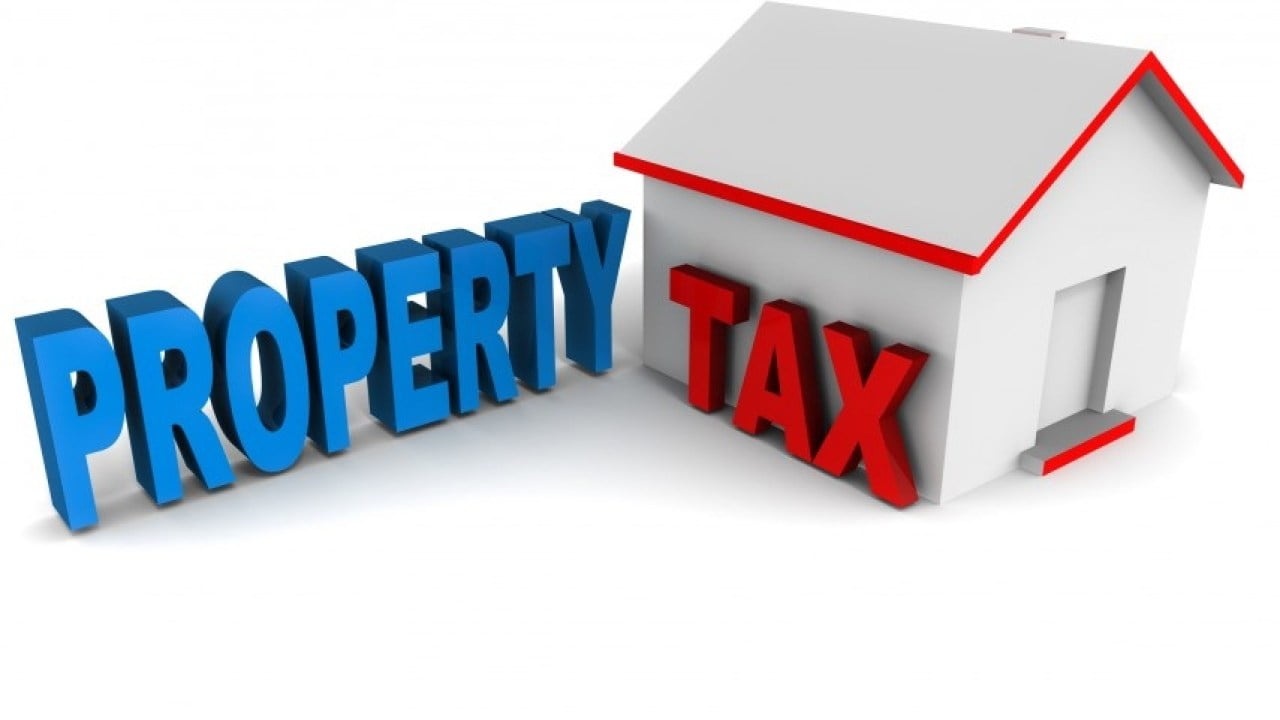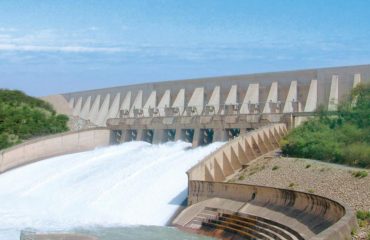Less than 1% of Pakistanis pay property tax. This is a bad and risky statistic for a country’s economic well-being.
Most residents in Pakistan do not pay taxes. In return, this weakens our financial and economic situation. There is not enough money for the government to pay for roads, hospitals, education and defense.
In addition, the state needs to rely on foreign sources to raise revenue due to the lack of taxation. This involves loans from other countries and large-scale banks.
Property Tax In Pakistan 2020 – Important Details
You need to have details about the size of the lot and how to know it correctly if you are measuring the tax on your home.
This blog should remove all confusion related to properties in Pakistan 2020.
What is a Property Tax?
In the type of money the owner would pay, the property tax is the amount. The government is collecting the bill. The government is helping taxes. It is used in various fields, e.g. In road construction, increase in the required imports, payment of wages of people, and so on.
The word property applies not only to plots or homes but to all materials you own. Your car, farm, office building and other things on your behalf will be part of concrete help. Pakistan’s current property tax rate is 25% in 2020.
Although it costs to buy some material objects, e.g. To build your houses, raw material costs, labor costs, interiors, floors and others. Many banks in Pakistan lend a home to facilitate the construction of your home.
How You Can Pay Your Taxes
In Pakistan there are three types of property taxes:
- Each province has its own tax department. You must call the local tax department to pay the tax.
- By creating an online asset tax, you can also pay your tax in banks.
- You can change electronically through your online banking systems.
Tax Year of Pakistan
The fiscal year will begin between July 1 and June 30, so the property tax, which began on July 1, 2020, will end on June 30, 2021. Real estate can be contacted for in-depth perspectives. The books offer insights into both industrial and residential.
Property Tax And The Situation In Pakistan
In the third world countries, Pakistan is flourishing and progressing if we are to see it. Now is the time for us to act. The housing tax is not the same for everyone and the more you receive, the more you pay tax. It ensures a balance between the social class of different status. The rate often varies between cities and districts. The taxes are in format and they are charged conveniently by any citizen.
Many citizens do not pay the taxes that do not build such good financial conditions. The administration would not earn adequate funds for financial compensation, health insurance, education, and defense. The government has gone to foreign outlets because of these circumstances. This implies the take-off of high-interest loans from the IMF and other nations.
Important Issues To Consider WRT Property Tax In Pakistan
- There is no distinction between plots and some buildings
- CGT was shortened to 4 years the retention time
- 100% of the capital gains taxed because it is less than one year of the retention period
- 75% of the capital gains tax if the retention period is longer than 1 year but less than 2 years
- If the retention period lasts 2 years but not 3 years, 50% of the capital gains will be taxable
- In which the retention period reaches 3 years, but not 4 years, 25% of capital gains are taxable
- No tax on CGT after four years of tenure
Types Of Property Tax In Pakistan
Capital Gains Tax
You have to give the government a certain amount of money when you buy some land. The Capital Gains Tax is charged at a rate of 2% of the recorded value, in accordance with the Finance Act 2006.
In the current budget, however, the general value-added tax on urban spaces is 2% and the stamp duty rate is 3%. Stamp duty is an amount you pay for the legal records of the property.
Capital Gains Tax
This tax is the inverse of VAT. Capital income tax is a certain amount of money that the seller needs to pay for selling his assets. The tax applies to the income of the seller.
The Pakistan Finance Act 2017 stipulates that capital duty can be imposed only if the property is sold within the first three years of the sale. In addition, annually, tax rates are adjusted.
The tax rate is 10% in the first year, 7.5% in the second year, and the tax limit is 5% in the third year. The seller does not have to pay the capital gains tax in Pakistan after three years.
Withhold Tax
Capital gains tax and capital gains tax are a combination. The buyer and the seller must share a certain price when an item is sold.
In Pakistan 2018-19, a buyer of the house, which is also an income tax, will pay a 2 percent withholding tax, while a non-advertiser will buy a 45 percent tax. The taxpayer must pay a 2 percent withholding tax.
Will you see the gap between taxpayers and non-registrants in the tax bracket? This huge increase in the tax rate is aimed at ensuring that taxes are made. Similarly, buyers of the property must pay a 1% tax for registrants and 25% for non-registrants.
Which properties are tax-saved?
Any active groups are exempt from the imposition of taxes. The following categories are addressed:
- Houses built on land less than 5 Marla, instead of the category “A” place
- Property cannot operate above the annual rent of PKR. 5211 / –
- A single house with an annual rent of no more than PKR. 6480 / – if the owner’s house is occupied
- The annual deduction of the tax debts of buildings occupied by widows, small orphans and / or the disabled is PKR 12150 / -.
- Housing up to one Canal owned and rented by a former government worker is removed from the ownership of a dwelling house
- Government buildings, such as businesses, districts or cities. buildings maintained by a government or magistrate
- Mosques and other monasteries.
- Urban parks and children’s fields, schools, boards, homes, inns, bookstores and hospitals, buildings and real estate.
- Places rented only to public charities, religious or prescribed.
Summarizing it
Regardless of what property you own, one must stand as a responsible person. The conscientious citizen keeps his tax data accurate. The company economy is set up by this action. When we look at the land, people in various private businesses like to buy land and houses.
The values of the property are growing steadily as it is the perfect opportunity to buy. Today’s investment is tomorrow’s investment. Contact Globe Estate & Builders for more information on property news.



